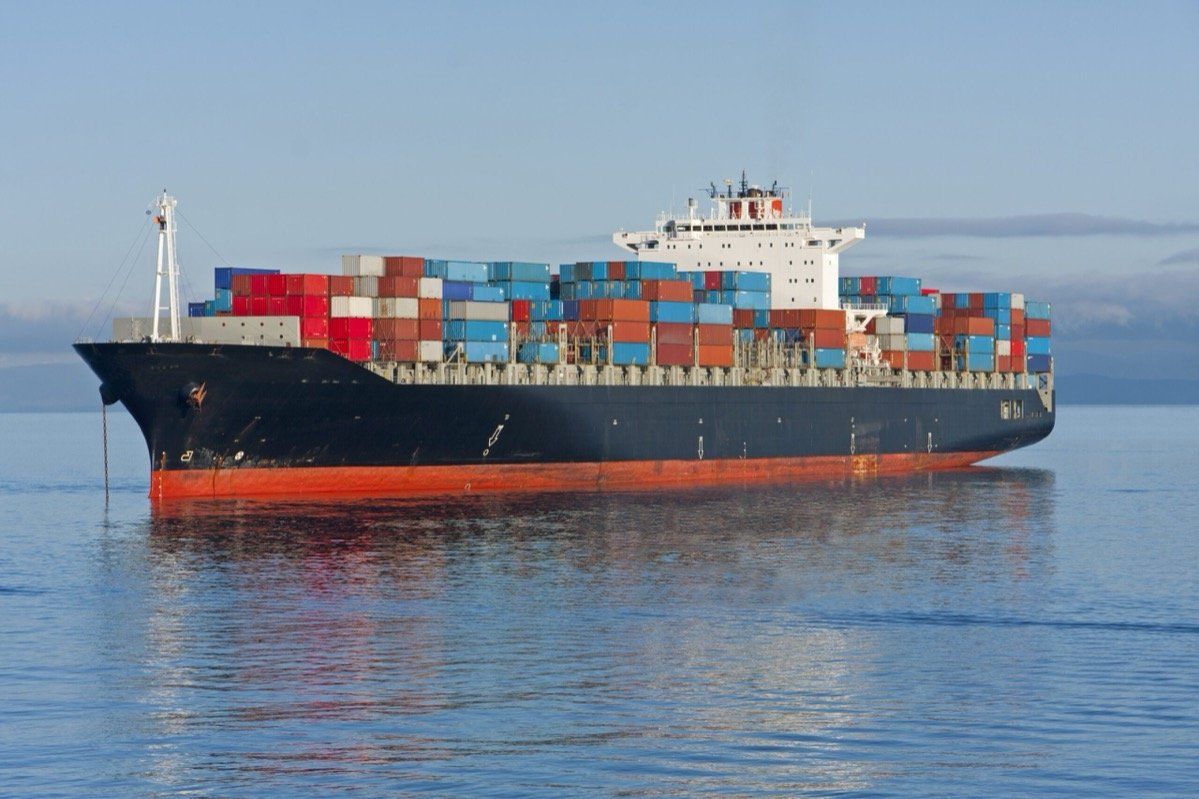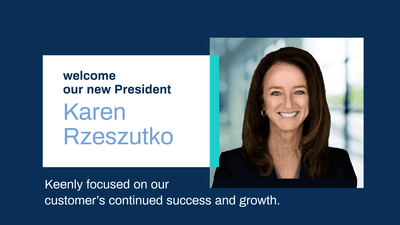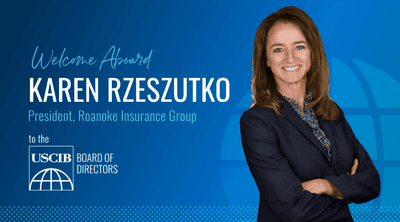February 11, 2015 | Industry Insights
3 Potential Consequences of Port Disruptions

As west coast port disruption continues due to the International Longshoreman and Warehouse Union labor dispute with the Pacific Maritime Association, shippers pay the price, and international transportation intermediaries need to be aware of potential liability exposures. These types of disruptions wreak havoc within the supply chain and the following consequences should be considered.
1. Accumulation: Cargo at rest is cargo at risk. Port disruption leads to cargo sitting in place on a ship, in the port, or in a warehouse facility awaiting pick-up, and the likelihood of damage or theft increases significantly as these delays mount. Shipper’s Interest Cargo Insurance should always be procured to protect the financial interests of the cargo owner, but extensive delays and disruptions can lead to coverage insufficiency. Policy holders need to make certain that the cargo values are monitored throughout a disruption period as values at an affected port may accumulate in excess of standard policy limits. Underwriters should be notified of these situations so they can modify coverage limits if needed.
2. Delay: It is also important to note that losses due to delay are not covered under a cargo policy. Some types of cargo have a limited shelf life or susceptibility to atmospheric conditions and may perish because it has been sitting too long at the port. These losses are not fortuitous or accidental and therefore not covered. Cargo policies also do not address the risks of lost sales, profits or markets as these are consequential financial losses and not physical loss or damage to the cargo.
3. Legal liability: Freight forwarders should make sure your Cargo Legal Liability and Errors and Omissions (E&O) limits are adequate. Keep in mind that defense costs are included in the limits and legal fees alone for a complex claim could exceed $25,000. Improper release of cargo is one of the most recurring causes of E&O claims. Once cargo begins to move after a disruption it’s important that your operations team follow protocols on releasing freight and ensure all required documents are in hand. Other examples of E&O claims include:
- Negligent selection of underlying carrier
- Negligent routing
- Failure to advise client of potential for delay
- Failure to monitor/advise client of impact to cargo insurance (accumulation/deviation, etc.)
- Misrelease of freight
The consequences of port disruptions have a broad impact throughout the supply chain. The risks of accumulation beyond policy limits, delay and legal liability claims against transportation intermediaries are only a few of the potential pitfalls. Cargo owners and transportation intermediaries need to be aware of these risks, minimize exposures when possible and procure the proper insurance coverage. Contact your Roanoke Insurance Group representative today at 1-800-ROANOKE with any questions or concerns.













